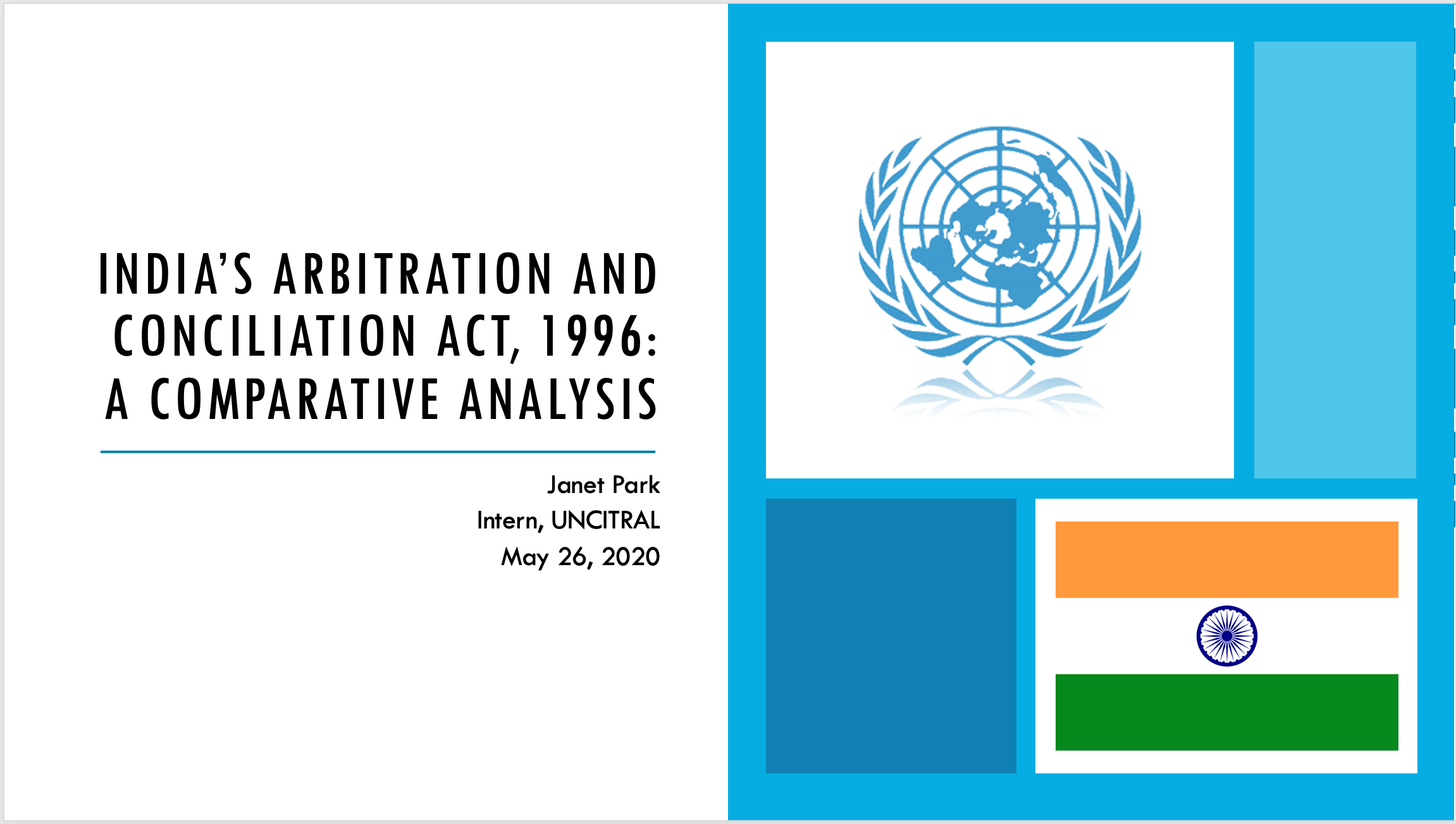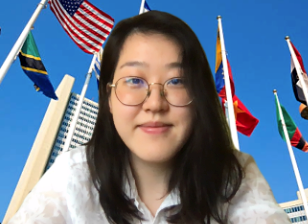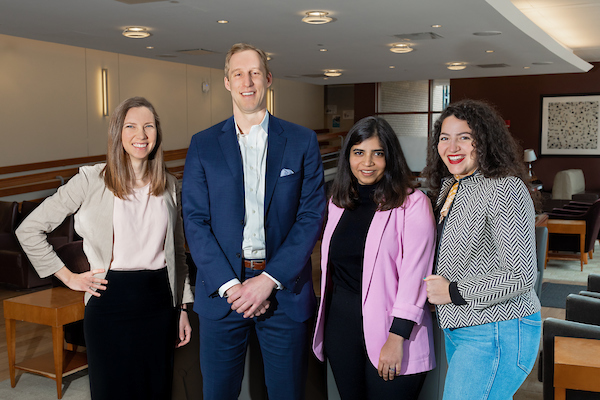 By William Edin ’22
By William Edin ’22
During the summer, as a 2020 Chayes International Public Service Fellow, I have worked on a range of different issues as an intern for the Permanent Mission of Liechtenstein to the United Nations.
For example, some of my work is related to Liechtenstein’s Finance Against Slavery and Human Trafficking (FAST) project, which aims to mobilize the financial sector against modern slavery and human trafficking. The project is a core issue for the Mission, and we have therefore worked on getting the relevant language of the project included in different UN resolutions. A major task for me has been to research relevant resolutions and draft language that could be added to them. We hope that this language will be adopted the next time the resolutions are up for review. I have also represented Liechtenstein at several high-level meetings dealing with modern slavery and human trafficking and, thus, gotten a unique insight into how the UN and other organizations are dealing with the issue.
The Mission has also held several conventions with the UN’s Council of Advisers” on the application of the Rome Statute to cyberwarfare. I worked on several chapters of a report based on those conventions, including chapters on Crime of Aggression, War Crimes, Genocide, and Crimes against Humanity. The assignment has included writing, subciting, and editing.
I have had the opportunity to represent Liechtenstein in a range of different high-level meetings and negotiations. Many of the meetings have included Prime Ministers and Foreign Ministers from around the world. Although it would have been more exciting to participate in these meetings in person, it still has been a good experience over Zoom.

 By Maria Smith ‘22
By Maria Smith ‘22
 When I began my internship on May 21, I immersed myself in the world of international trade law right away, as I received my first assignment right after orientation on the same day. My task involved a comparative analysis of the Indian Arbitration and Conciliation Act, the UNCITRAL Model Law on International Commercial Mediation, and the UNCITRAL Conciliation Rules for Working Group II (Arbitration and Conciliation / Dispute Settlement). This project was undertaken in light of India’s new position as a signatory to the UN Convention on International Settlement Agreements as of 2019.
When I began my internship on May 21, I immersed myself in the world of international trade law right away, as I received my first assignment right after orientation on the same day. My task involved a comparative analysis of the Indian Arbitration and Conciliation Act, the UNCITRAL Model Law on International Commercial Mediation, and the UNCITRAL Conciliation Rules for Working Group II (Arbitration and Conciliation / Dispute Settlement). This project was undertaken in light of India’s new position as a signatory to the UN Convention on International Settlement Agreements as of 2019.